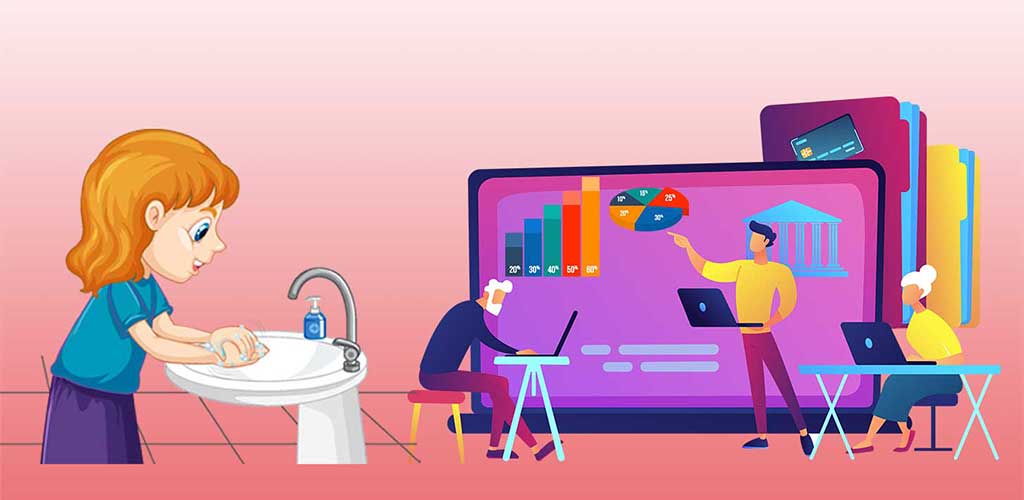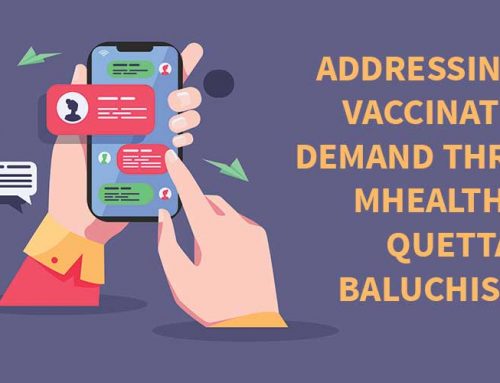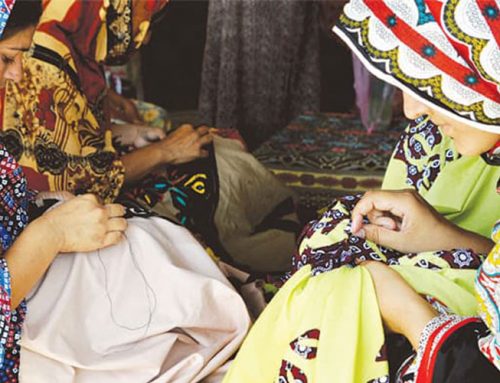Project Description
Pakistan is nationally and internationally committed to provide water, sanitation and hygiene services and facilities to all. The said commitment has been made in National Sanitation Policy 2006 & Sustainable Development Goals (SDGs) No 4 and No 6, which are related to availability of water and sanitation for all and inclusive & equitable quality education. In order to honor the said commitment as well as realizing the need and importance of water, sanitation and hygiene in school (WinS), Unicef in consultation with Ministry of Federal Education and Professional Training, provinces and federating units initiated formulation of WASH in Schools (WinS) strategy in 2015. The strategy development process was later on completed while conducting a consultative workshop with all the related stakeholders at Muzafarabad during Nov 2016. As a result of the said consultation event a WASH in School strategic plan (2017-2022) is developed.
The said strategic plan covers all the important components of a development plan such as situation analysis, goals, objectives and targets; strategies to achieve the objectives and targets; actions and activities to complete the strategy; and performance evaluation indicators; possible risks and bottlenecks; cost estimates and output/outcome.
The situation analysis indicates that in AJ&K 53% male primary schools, 53% female primary schools; 35% male middle schools, 36% female middle schools; 38% male high schools and 32% female high schools do not have latrines. Similarly 64% male and 67% female primary schools; 40% male and 49% female middle schools; and 26% male and 37% female high schools do not have drinking water facilities. Learner’s curriculum though incorporates concepts of health, hygiene, and sanitation in some subjects but these concepts, knowledge and skills are grossly inadequate to bring about a possible change in behavior of students about WASH. Besides, WASH in School is not given due emphasis in pre and in-service teacher training. Hence overall the situation regarding WASH in AJ&K public schools in not encouraging.
The objectives and targets of the strategic plan, interalia, include creating awareness, shaping a behavior of school children around health and hygiene and providing latrines and adequate access to water (whereby not available, for drinking and sanitation) by 2022.
The strategies to achieve the objectives and targets are (I) Preparation of WASH in School policy and planning guidelines (II) Creating awareness amongst children, teachers and community about health, hygiene and sanitation (III) Construction of latrines (IV) Provision of water in schools where not available (V) Ensure operation and maintenance of WinS facilities (VI) Address the cross cutting issues, such as latrines for persons with disabilities and provision of menstrual hygiene management (MHM) facilities (VII) WASH in School behavior of school children. In order to complete the proposed strategies number of actions and activities have been suggested.
Implementation framework of the plan focuses on timeframe (scheduling of the main strategies/activities); performance evaluation indicators which will be applied to monitor and evaluate implementation of planned activities. Estimated cost for each of the strategic component has been calculated and indicated. The total estimated cost of the AJ&K plan comes out to be around 37.57 billion rupees. The major cost is on construction of latrines i.e. 2.047 million followed by drinking water i.e. 980 million and crosscutting issues i.e. 700 million rupees.
The plan includes an effective system and mechanism for its ongoing supervision and evaluation, as well. The strategies for M&E include on site supervision and monitoring by joint monitoring teams; generation and sharing of periodic progress reports; and district, provincial & national level implementation review workshop. The proposed evaluation includes the baseline, interim & summative evaluation. Besides it has also been proposed to develop and integrate WASH in School monitoring indicators in EMIS.
The major outputs/outcomes of the plan interalia include availability of latrines and safe drinking water in all the public sector primary, middle and high schools of AJ&K by 2022 (100% coverage); awareness raised in school children about WASH and attitude of children positively changed; operations and maintenance mechanism for WinS facilities is placed; cross cutting issues such as availability of latrines for persons with disabilities and menstrual hygiene management issues are addressed. Besides opportunities for earning of livelihood explored which will alleviate the poverty to some extent. Furthermore, the overall status of sanitation and hygiene will be improved, in public sector schools. As a result water borne related infectious diseases such as Cholera, typhoid, and dysentery will be controlled and overall health profile of school children will be improved, thus having an overall positive impact on student learning.





